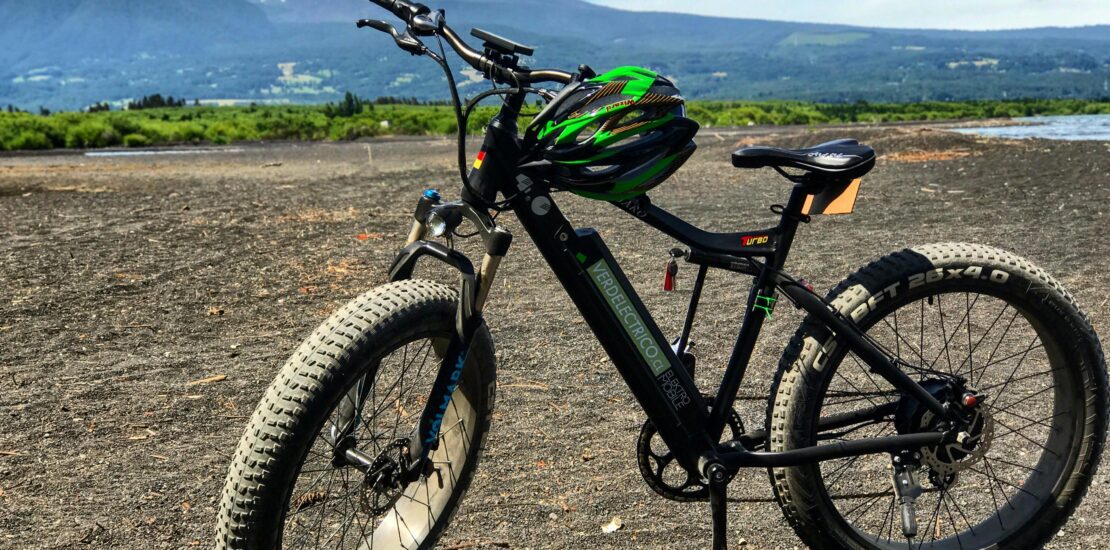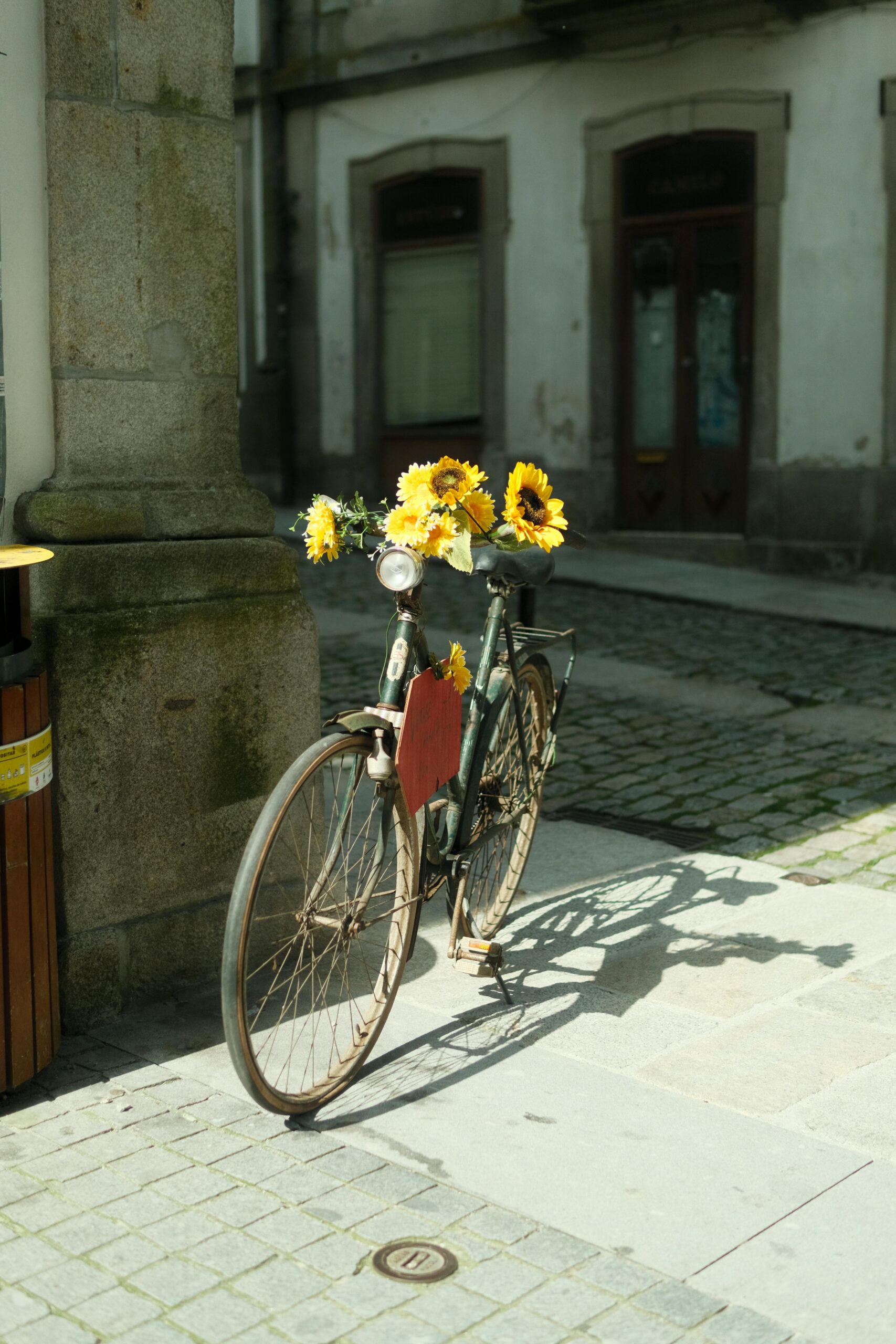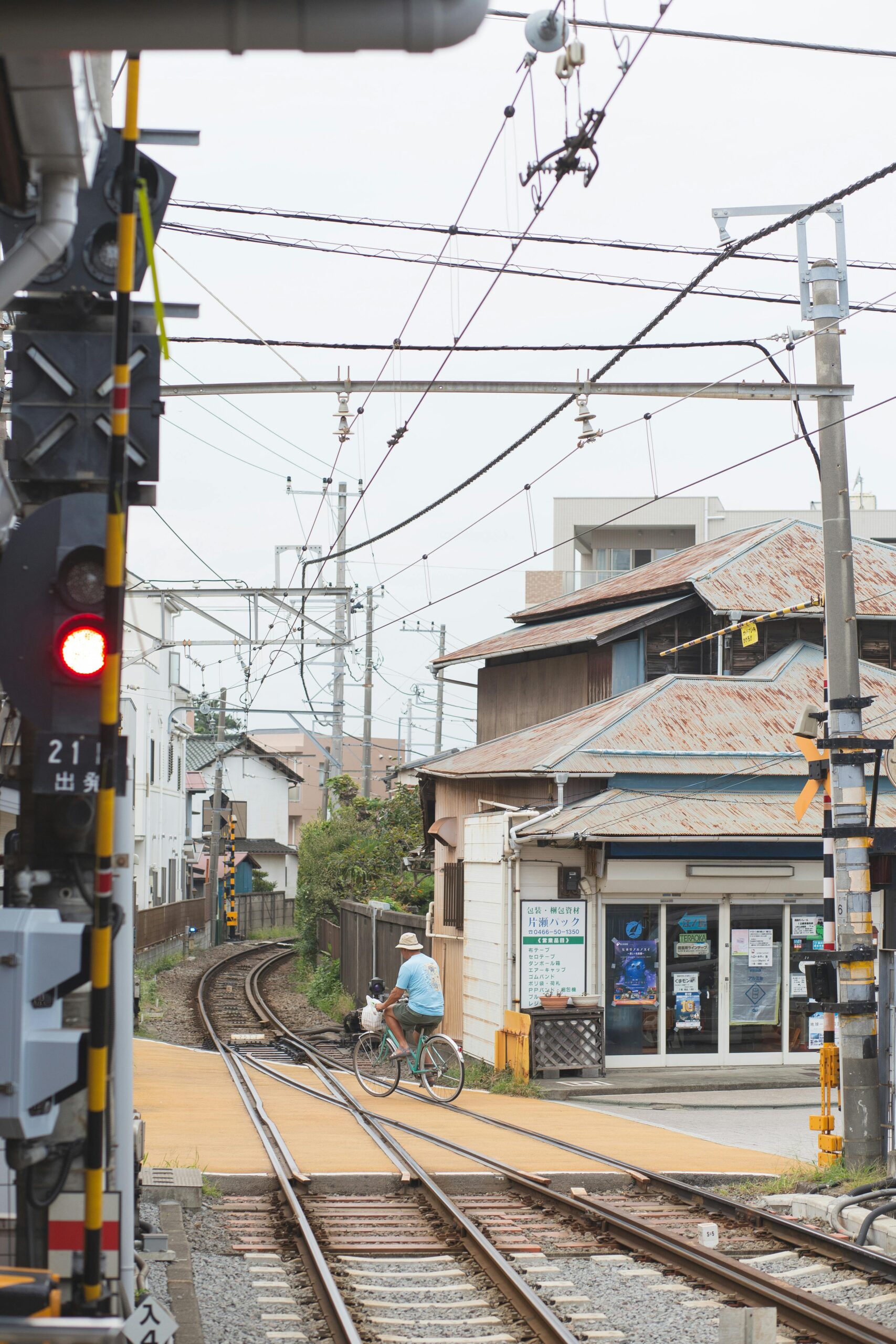It would probably not take you too long to notice how it seems like every single person in Japan has a bicycle. From children as young as 3 years old up to retired elderly people, it is not uncommon to see them along the side of the road, carrying their groceries in their little baskets, working moms with child seats attached to their electric bikes while taking their kids to daycare, or simply a group of high schoolers in their uniforms riding home with classmates. This article will mainly discuss why Japan is such a bicycle-centric country and why you need one too!

Bicycle prices can vary greatly, depending on factors like brand, materials, and features. From affordable options for casual riders to premium models designed for serious cyclists, there’s a bike for every budget and preference. Let’s take a closer look at what influences bicycle prices and how to find the right bike for you.
Popular Types of Bicycles in Japan

- Mamachari: Mamachari bikes are perfect for families, with their easy step-through frame and plenty of storage space. They’re ideal for running errands and carrying kids around.
-
Electric Bikes (E-Bikes): Electric bikes offer pedal-assist technology, allowing riders to tackle hills and longer distances with ease, making them ideal for commuters and leisure cyclists.
-
Folding Bikes: Compact and portable, folding bikes are perfect for urban dwellers with limited storage space, offering convenience and versatility for multi-modal transportation.
Mamachari bikes usually cost between 15,000 yen to 25,000 yen, making them a budget-friendly choice for everyday use. Electric bikes, on the other hand, can be much more expensive, with prices going up to 150,000 yen. If you’re considering buying an electric bike but find the upfront cost too high, you can opt for installment plans, though they come with added interest.
The Benefits of Owning a Bicycle
Efficient and Cost-Effective Transportation
Basic transportation in Japan can be summed up into three words: trains, cars, and bicycles. Bicycles offer a practical and efficient means of getting around, especially in densely populated urban areas. With crowded streets and limited parking, bicycles provide a convenient solution for navigating city traffic without the hassle of finding a parking spot. Moreover, bicycles are a cost-effective mode of transportation, saving both time and money on daily commutes and errands compared to owning a car or relying solely on public transportation.
Convenience and Accessibility

In Japan, bicycles or jitensha in Japanese are synonymous with convenience and accessibility. Whether you need to run errands, commute to work, or explore the city, bicycles offer unparalleled versatility and ease of use. The iconic mamachari, with its front basket and rear rack, is a common sight on Japanese streets, catering to a wide range of needs from grocery shopping to transporting children. Additionally, electric bikes and folding bikes provide further options for commuters and urban dwellers seeking compact and portable transportation solutions.
Promotion of Health and Wellness

Cycling isn’t just a means of transportation in Japan—it’s a way of life that promotes health and wellness. With an emphasis on physical fitness and outdoor activities, cycling offers numerous benefits for both body and mind. Regular cycling improves cardiovascular health, builds muscle strength, and reduces stress, contributing to a healthier and more active lifestyle. Moreover, Japan’s cycling-friendly infrastructure and scenic routes allow cyclists to explore the country’s natural beauty while staying fit and active.
Environmental Sustainability
In an era of climate change and environmental degradation, bicycles are a sustainable solution for reducing carbon emissions and promoting eco-friendly transportation. By choosing to cycle instead of drive, individuals can reduce their carbon footprint and contribute to cleaner air and greener cities.
What You Need to Know as A Bicycle Owner
Registering your bicycle
If you bought your bicycle brand-new, chances are, the store mostly asks for an additional fee to register you as the rightful owner of the vehicle and has attached a corresponding sticker to it with your information details. It is however, important to note that if you decide on selling it in the future, keep the registration papers with you and make sure to pass it on to the new owner and have it registered to the nearest bike shop where they live.
Parking Spots

Locating long-term parking spaces for bicycles is remarkably convenient in Japan, with many train stations offering dedicated parking areas adjacent to or within a short walking distance. These parking facilities typically operate on both hourly and monthly payment plans, with rates ranging from 100 to 300 yen per day or 1,500 to 3,000 yen per month. The pricing varies depending on the location and the demand for parking in the vicinity.
In conclusion, bicycles are an essential aspect of everyday life in Japan, offering efficient, cost-effective, and environmentally friendly transportation options for people of all ages. Whether it’s for commuting to work, running errands, or exploring the countryside, having a bicycle is a necessity for navigating Japan’s bustling cities and picturesque landscapes with ease and convenience. Go ahead and grab one for yourself now if you have not bought one yet!



